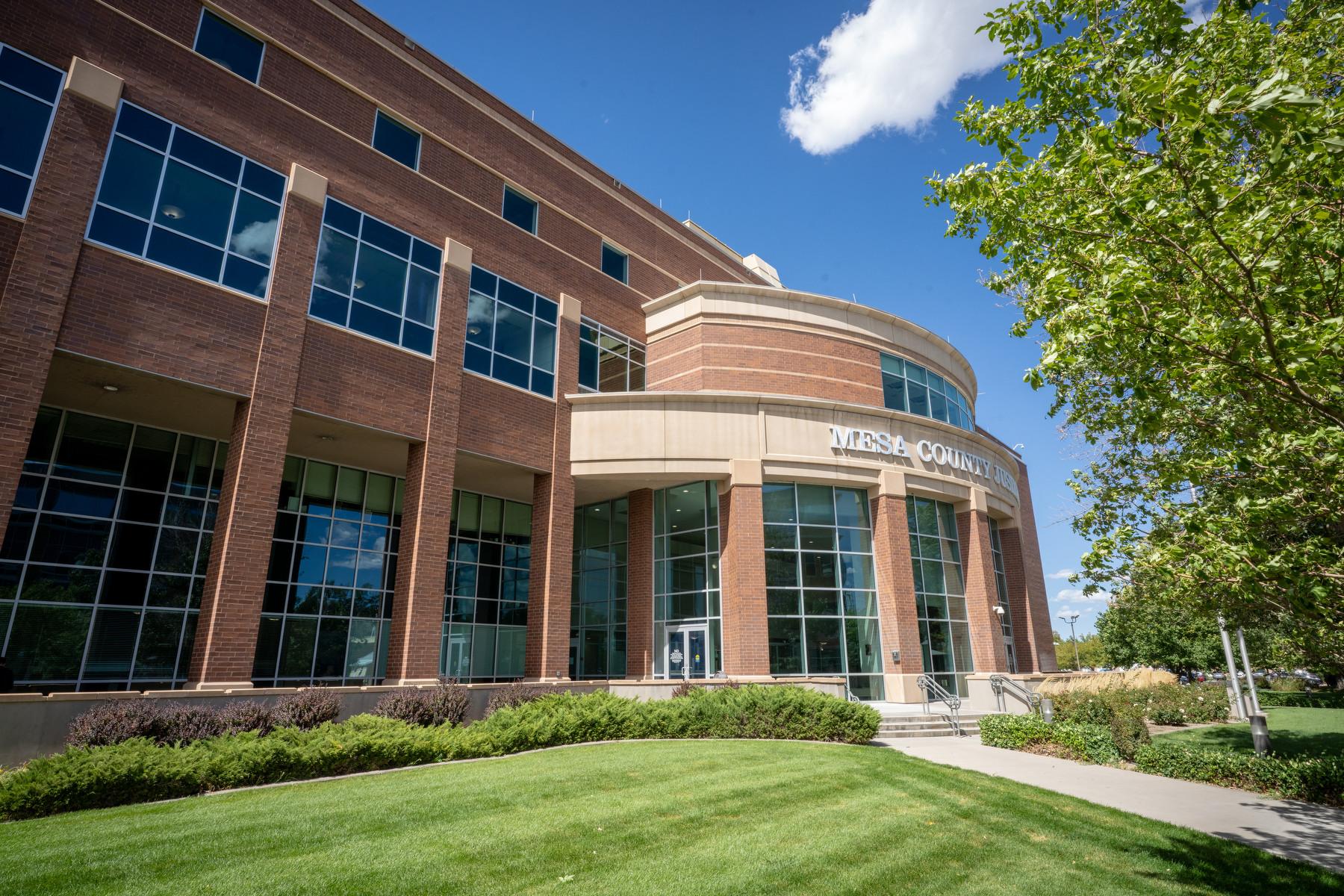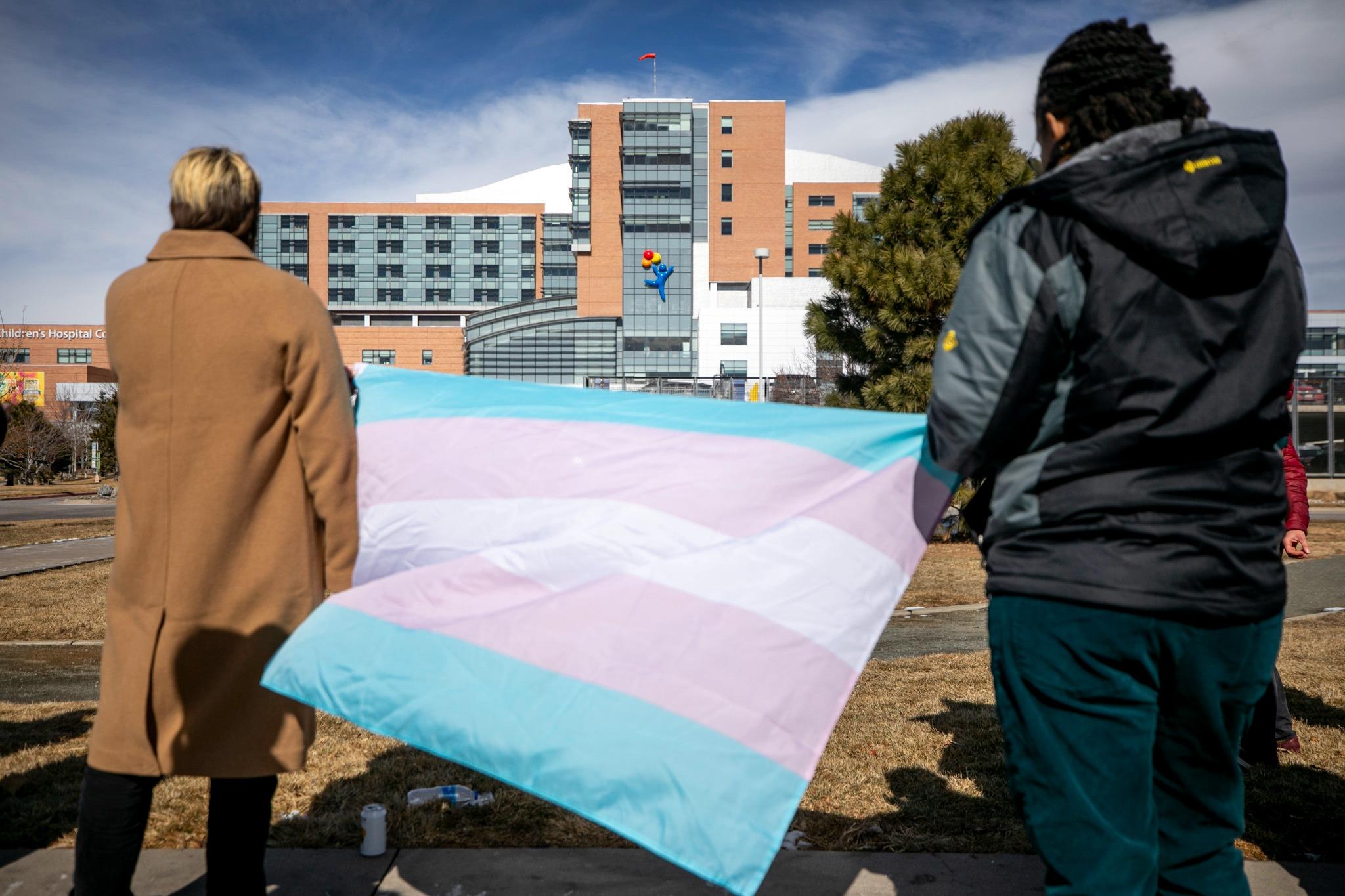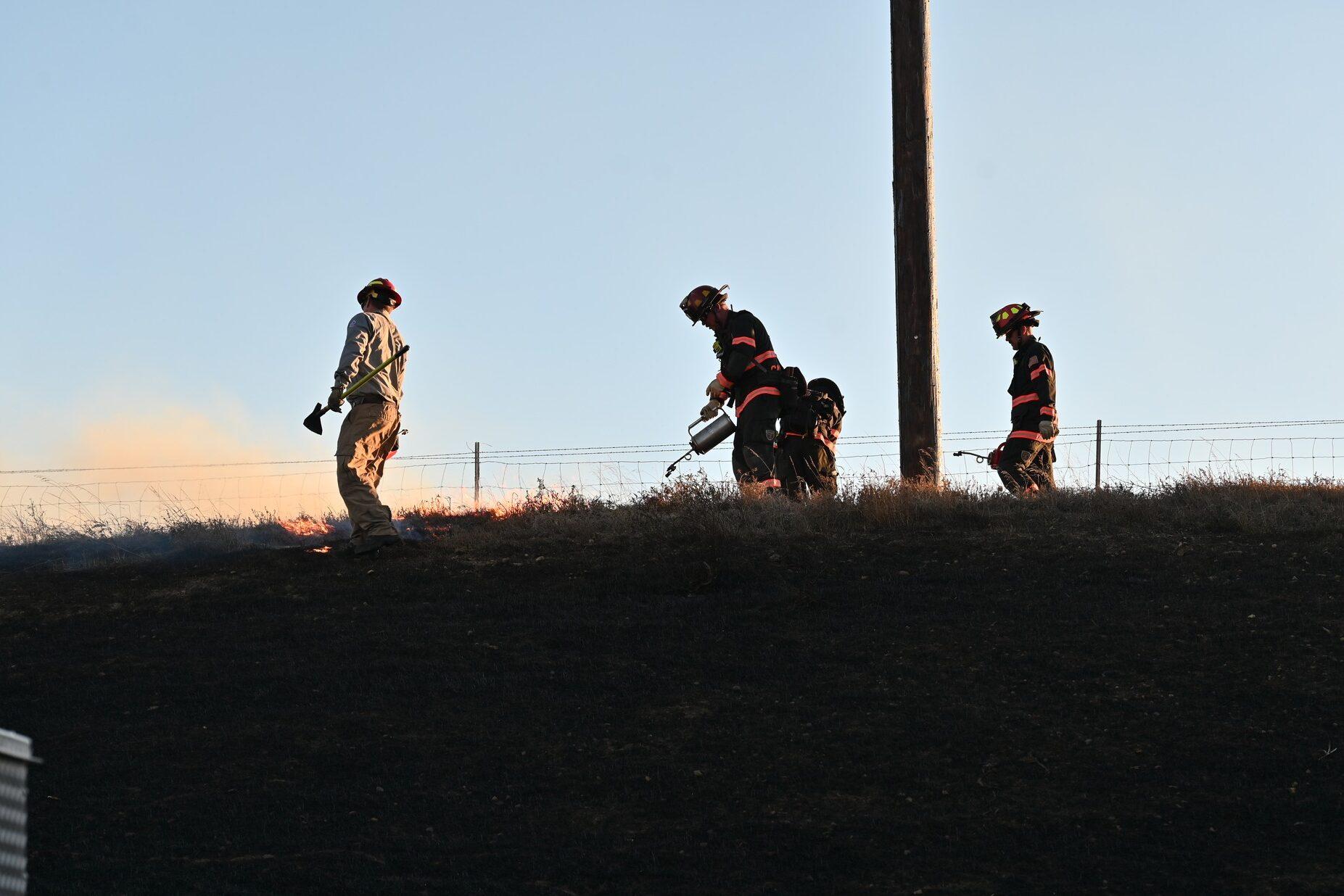
Political forces on the right and left are courting Latino voters in Colorado for this election and for the long-term. CPR's Megan Verlee and Rachel Estabrook talked with Colorado Matters host Ryan Warner about what strategies political parties, candidates and interest groups are using and why they will increasingly appeal to subsets of Latino voters like women, college students and entrepreneurs.
- Colorado Environmental Group Sees Future In Helping Latino Immigrants
- How Conservatives Are Trying To Bring Colorado Latinos Into Their Fold
Why are Latino voters important in Colorado?
Both conservatives and liberals feel like they can appeal to this constituency. Even though these folks have voted Democratic in the past -- 75 percent of Latinos in Colorado voted for President Obama in 2012 -- there's a feeling that they're not completely locked down for the Democratic party.
After Mitt Romney's defeat four years ago, the Republican party did a lot of soul searching about how to make inroads with Latinos, a process that's been upended by Donald Trump's candidacy. And in this, like a lot of things, Trump is a wildcard. A lot of Democrats assume that Trump will drive Latinos out to vote, and in the Democrats' favor, but no one really knows how to count on that.
Of course "Latino voters" are not a homogenous group, and campaigns and organizations seem to be getting more savvy about that.
What do you mean?
A spokeswoman for Hillary Clinton's campaign says it has a special initiative aimed at "mujeres" -- women. Conservatives also recognize the importance of women and they're targeting young, college-going adults and entrepreneurs.
What do we know about different groups of Latinos as voters?
It's not just who you are -- it's also where you're from and when you arrived. Colorado has a lot of Latino families that have been in the U.S. for generations, in some cases when the region was still part of Mexico. And they tend to vote more along socioeconomic lines than ethnic ones. In particular, those in the working class have increasingly supported Republicans, just as working-class whites have. In a year where you have a Republican presidential candidate, Donald Trump, making surprising inroads with the white working-class vote, while also alienating Latinos, where does this group go? We don't know that yet.
Conservatives also think they have a good chance to get through to very new immigrants. Angie Bautista-Chavez is a PhD candidate at Harvard University, studying conservative movements including Libre.
"They’re connecting this narrative of, 'You came to this country because you fled governments that were so big they imploded and they infringed on individual rights of people,' so they combine the immigrant narrative with conservative political values," Bautista-Chavez said.
The researcher and her colleagues emphasized that newly arrived immigrants are often open-minded, without pre-formed political allegiances in the U.S., and they say Libre's soft outreach can be particularly effective. The group is nonpartisan but it does engage in political messaging sometimes, and it holds events like English courses, driver's license training, and turkey giveaways at the holidays. Those events can build trust and then Libre can introduce more political messages. Whereas you may think people only seek out groups that reflect their pre-held beliefs, the Harvard researchers said ideologies and preferences can form after someone becomes part of a group.
What are the parties doing to reach Latino voters?
Donald Trump's campaign did not respond to a request for an interview, and the national Republican party didn't make anyone available to talk about Latino outreach. But the national and state parties are focused on this group. Lakewood businessman Jerry Natividad has served on a Latino advisory board for the national GOP, which is part of a multi-year Republican effort to reach out to Latinos. Democrats have a similar effort in Colorado. Natividad said Republicans have what he called "troops" spread out on the Western Slope, in Southern Colorado, in the metro area and Northern Colorado.
"They’re active in attending as many Hispanic community activities as they possibly can attend," Natividad said. "Whether it's Hispanic Chamber of Commerce, whether it’s a church, school, whatever the case may be, they are now engaged with that."
Natividad is also one of a number of influential Latino conservatives who came out last fall and said that if Donald Trump doesn't change his rhetoric around immigration and Latinos, they aren't going to mobilize for him. These individuals have the personal networks to get out the Republican Hispanic vote and all indications are they may sit this election out. That could really impact Republican efforts with this community in the short term.
Natividad says while he won't work for Trump's campaign, he will vote for him.
What about the Democrats?
They feel, given Trump's candidacy, that they are in a good position in this election. The national Democratic party wants to register more voters, so in some sense they're going for volume. The party will do mailers, phone calls and go door-to-door in areas that are heavily Latino. The party has its first Latino in the position of national political director, Raul Alvillar.
Hillary Clinton's campaign also has a Latina in charge of outreach, Emmy Ruiz, who is Clinton's Colorado state director. Ruiz says they will organize text messages she described as "neighbor to neighbor."
Text messaging is a trend this election year. Multiple interest groups reported that this is how they plan to get millennial Latinos out to vote. In the past four years it has become more socially acceptable to get text messages from people who are not close acquaintances, so this could be the election of text messaging.
Federico Pena, the former Denver mayor, has another idea. He's working with other private individuals to develop a new approach to getting out the vote, sort of a "freelance" Latino mobilization effort. They're constructing a website where anyone can learn how to register others to vote and then look up whether their neighbors are registered.
"The idea is, you don't have to know the person," Pena said. "Just go knock on their door and say, 'Hi, Mr. So-and-so, or Miss So-and-so... I know you're not registered to vote, I'd like to register you to vote. I know how to do it, I have the forms,' and do it. So it's a whole new way of doing it. It may not work but I think we ought to try something different."
That effort hasn't launched yet and Pena is honest that it's quite an experimental approach, but he's been disappointed with Colorado's Latino political participation in the past and thinks it's time to try something new.
Where does this fit in the national landscape of get-out-the-vote efforts?
Buzzfeed reported this week that national Latino get-out-the-vote efforts are off to a slow start this year because the organizations that usually fund them haven't been writing as many checks as usual. That may be partially because of a growing debate on the left over how partisan the efforts to mobilize Latinos should be. Historically, liberal big-money donors have put their support into ostensibly nonpartisan groups; the biggest of those is Mi Familia Vota, which is very active in Colorado. Efforts by the League of Conservation Voters are another example.
But this year some big donors, first and foremost George Soros, are shifting their money to back a new, expressly pro-Democatic group, the Latino Victory Fund. Soros has backed Mi Familia Vota in the past, but the New York Times reports he's committed $5 million dollars for the new group. Colorado is one of the main states where the Latino Victory Fund plans to compete, so there is about to be a big new player in Hispanic outreach efforts.









